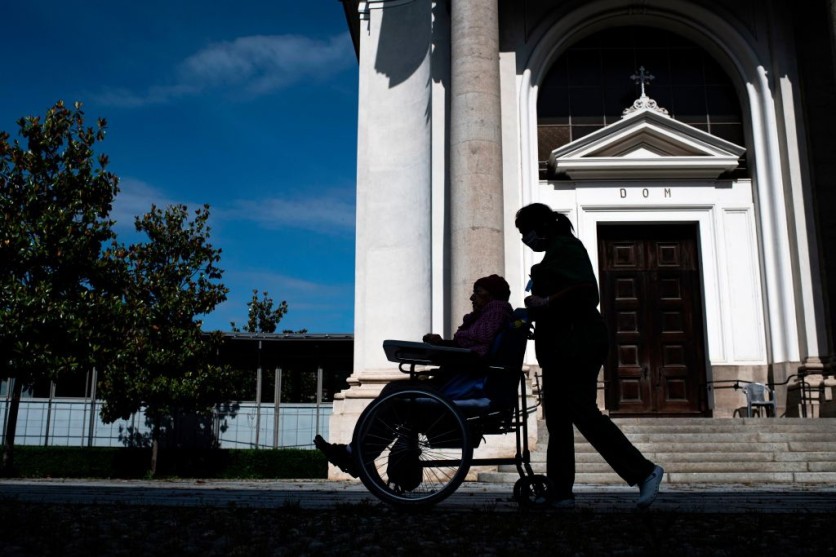As AI-powered robots continue to grow, a new study suggests that companion robots integrated with artificial intelligence could help alleviate the loneliness epidemic among older people.

AI-Powered Health Companion Robots
This study looks into proposing a method for assessing the effectiveness of a companion robot in providing assistance to individuals.
Interesting Engineering reported that the researchers highlighted several ethical factors that governments, policymakers, technologists, and clinicians should consider, including emphasizing the importance of collaboration among stakeholders in order to establish guidelines on trust, agency, engagement, and real-world effectiveness.
Loneliness Effects, Impact
A survey data that initiated the researchers to conduct this study showed an increase in the number of Americans lacking friends, indicating an alarming rise in loneliness and social isolation since 1990.
The potential repercussions of this situation could have an impact on the well-being of approximately one-third of the global population, with consequences that may involve heightened vulnerability to mental health issues, obesity, dementia, and even premature mortality.
The researchers noted that it might be difficult for adults to make new friends. However, an AI-backed companion robot could be a potential solution to offset loneliness.
They said companion robots have the potential to help elderly individuals facing social isolation by engaging with them and helping them stay active in their homes.
Future Market Insights reported that recent advancements in robotics and the rapid progress of AI technologies offer the possibility of establishing more meaningful social connections with humans compared to previous generations of robots.
The University of Auckland Psychological Medicine at Waipapa Taumata Rau Professor Elizabeth Broadbent said that artificial intelligence presents exciting opportunities that give companion robots greater skills to build connection while ensuring it stays moral and trustworthy.
While healthcare companion robots are gaining popularity, their commercialization comes with a high cost. That made some individuals with disabilities hesitant to invest in healthcare companion robots.
Developing Co-Bot-1-7
Measuring a robot's impact presents a challenge that needs to be addressed, as it lacks an estimating model which emphasizes the need to develop patient-rated outcome measures.
Science Robotics posted the study, which noted that the researchers were able to develop a novel approach, called the "Companion Robot Impact Scale" (Co-Bot-I-7), to assess the influence of robots on individuals' physical health and feelings of loneliness, and it shows that companion machines are already proving effective.
"Right now, all the evidence points to having a real friend as the best solution, but until society prioritizes social connectedness and eldercare, robots are a solution for the millions of isolated people who have no other solutions," Murali Doraiswamy, Professor of Psychiatry and Geriatrics at Duke University and member of the Duke Institute for Brain Sciences noted.
Related Article : Elderly People Can Protect Their Aging Brain From Dementia With Housework, Exercise

ⓒ 2025 TECHTIMES.com All rights reserved. Do not reproduce without permission.




